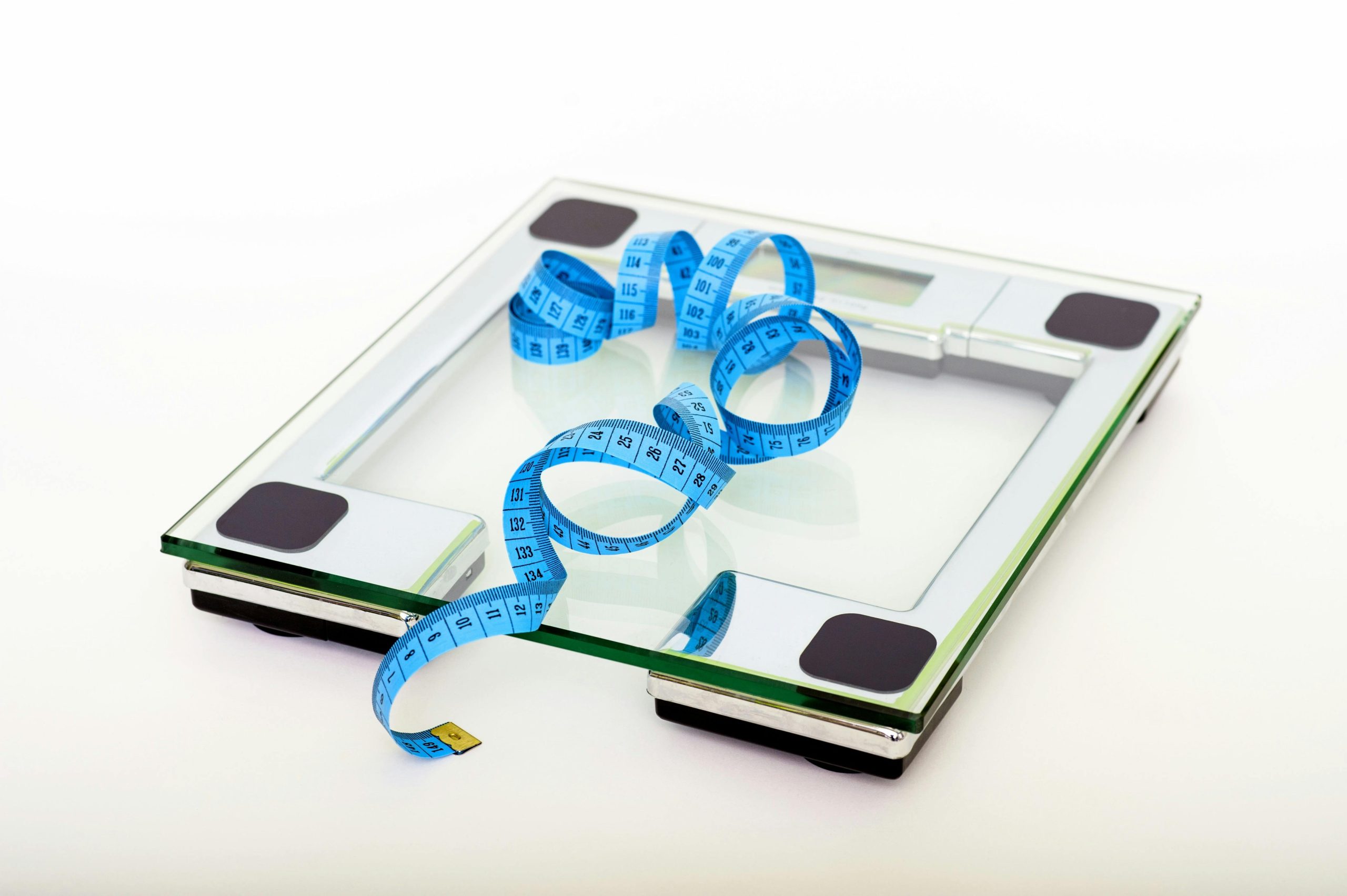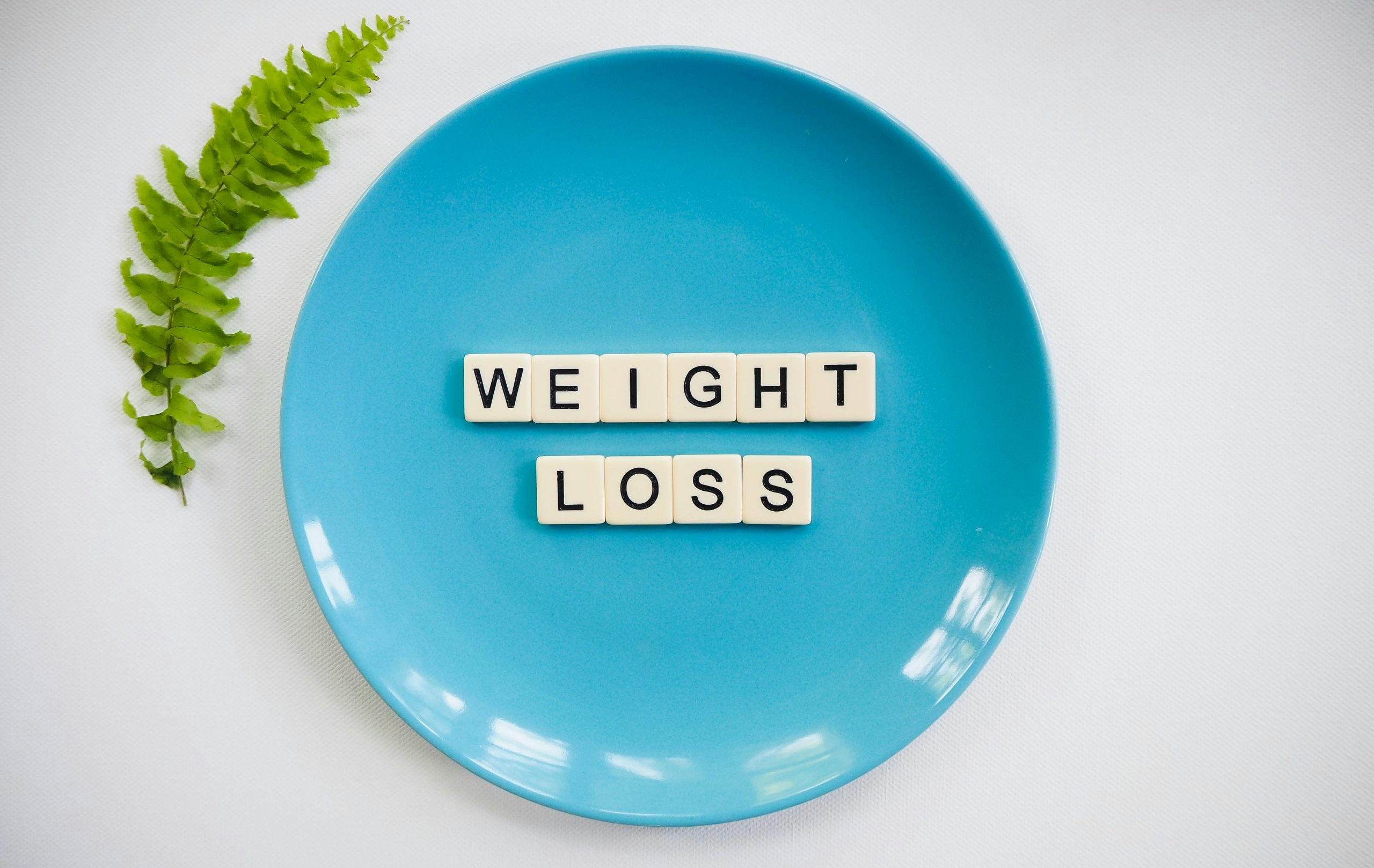Weight Loss & Management

In the 40’s and 50’s generally there wasn’t enough food so we ate when the food
was there. Now a days food is available everywhere, even delivered in minutes to
your front door.
Sadly, we are living in a feast environment making it incredibly challenging for individuals to stabilise weight.
Weight gain refers to an increase in body weight. This increase can occur from various factors.
Increase In Fat Deposits
Increase in fat deposits is the most common association with weight gain.
Consuming more calories(energy) than your body burns, the excess energy is stored as fat.
Increase in Muscle Mass
Weight gain can occur due to an increase in muscle especially when accumulated through strength training.
Increase In Fluid Retention
Certain medical conditions can cause the body to retain excess fluids, which can lead to weight gain.
Hormonal Imbalances
Hypothyroidism (underactive thyroid) can slow metabolism, leading to weight gain. Other hormonal changes and imbalances such as Menopause and Polycystic Ovary Syndrome can contribute to weight gain in women. Cushing’s syndrome is rare disorder which causes the body to produce too much cortisol which can contribute to weight gain.
Medications
Certain medications, such as antidepressants, corticosteroids, and some diabetes medications, can cause weight gain as a side effect.
Medical Conditions
In rare cases, weight gain can be caused by underlying medical conditions.
Age
Metabolism naturally slows down with age, making it easier to gain weight. Changes in hormone levels and decreased muscle mass can also contribute to weight gain.
Genetics
Genetics can play a role in a person’s predisposition to weight gain.
Weight gain is more than just a number on a scale. It has to do with body composition, and many other factors. Here are some key points to understand.
Energy Balance
At its core, weight gain often occurs when energy intake (calories consumed) exceeds energy expenditure (calories burned).
Body Composition
It’s important to ascertain the reason for the weight gain. It is important to distinguish between weight gain due to increased fat, muscle, excess fluid, medical conditions, age etc.
Health Implications
Excess weight gain, particularly due to increased body fat, can increase the risk of various health problems, such as inflammatory bodily resposes which lead to poor health conditions, heart disease, diabetes, and certain cancers. Physiological health can also be affected causing depression, low mood and self-esteem.
Individual Variation
Factors like genetics, metabolism, and lifestyle habits can influence how individuals gain weight.
Weight gain can be attributed to a variety of factors, and it’s often a combination of several.
Diet
The primary driver of weight gain is consuming more calories than you burn.
Eating processed foods, fast food, and sugary drinks, which are often high in calories and low in nutrients.
Frequent eating out and deliveries as restaurant food can be high in fat and sugar.
Large portion sizes.
Eating too late in the evening can contribute to weight gain as the digestive system naturally slows down.
Lack of Physical Activity
A sedentary lifestyle reduces the number of calories burned.
Decreased activity levels can lead to a buildup of stored fat.
Sleep Deprivation
Insufficient sleep can disrupt hormones that regulate appetite, leading to increased cravings and overeating.
Lack of sleep can also lead to less energy, making it harder to exercise.
Stress
Stress can trigger the release of cortisol, a hormone that can increase appetite and promote fat storage. Stress can also lead to emotional eating. If you mistake anxiety for hunger, you may eat too much.
Alcohol Consumption
Alcohol is high in sugar, high in calories and contains no nutrients. Alcohol consumption can increase individuals’ hunger and appetite.
Recreational Drugs
The use of recreational drugs can affect hunger patterns. It is well known that cannabis and the like can cause ravenous gorging of sweet foods.
Tips To Lose Weight
Losing weight effectively and sustainably involves a combination of dietary changes, increased physical activity, and lifestyle adjustments.
Dietary Changes
Eat to be fuller for longer.
Foods such as protein, fibre and fats take longer to digest, thus the further they go down into the gut. Foods that go further down into the gut will release hormones that tell us that we are full, which also lasts longer.
The type of foods eaten will influence how the gut hormones are released and affects hunger, so select wisely.
Carbohydrates structured from sugar and starch such as white rice and potato will create sugar spikes, the brain will light up the reward circuit quickly releasing dopamine, a short while later you crave even more. Ultra processed foods are high in sugar, starch and salt. Free sugar carbs such as added sugar, honey, agave nectar, sugary drinks and alcohol consumed as part of a daily diet can cause metabolic disturbances and inflammatory responses in the body.
Carbohydrates high in fibre will work further down the gut, thus stimulate the hormones that tell your body you are full and lasts longer. The type of carbohydrates eaten will influence how quickly you get hungry, so avoid the sugar, starch types.
Prioritise Protein
Protein sourced from animal such as meats, and plants such as beans, pulses, nuts and seeds can increase feelings of fullness, and help to maintain muscle mass during weight loss.
Increase Fibre Intake
These foods are nutrient and fibre dense which helps you feel full for longer and supports a healthy digestion. Good sources include fruits, vegetables, wholemeal foods, grains, nuts and seeds. Fibre is a prebiotic, which supports a diverse gut microbiome to thrive.
Support Gut Microbiome
The gut microbiome plays a crucial role in our digestion and inflammatory responses in the gut. A healthy diverse gut microbiome is the front line for food before it hits the intestinal wall, and can affect the molecular hormones that are released.
Focus On Plant Foods
Prioritise fruits, vegetables, lean proteins, wholemeal and grains. These foods are nutrient and fibre dense and help you feel full and support overall health and well-being.
Limit Processed Foods
Ultra processed meals and sugary drinks, are naturally low in protein, thus digests very quickly and keeps you less full. They are often high in calories and low in nutritional value.
Stay Hydrated
Drink plenty of water throughout the day. Sometimes thirst can be mistaken for hunger.
Control Portion Sizes
Be mindful of how much you’re eating. Use smaller plates and measure your food to avoid overconsumption.
Consider Intermittent Fasting
Allowing a window of time to eat, then a longer window of time to rest each day will greatly support the gut microbiome to replenish and recover. Consider a window of 10 hours to eat your meals, then 14 hours to rest to recover and replenish the gut microbiome. There is strong evidence that IF can support weight loss.
Calorie Counting
The physics of excess calorie intake exceeding calorie out take does accumulate weight gain. However, calorie counting has to be considered very carefully. Eating a balanced diet along with calorie counting has to go hand in hand. Do not substitute the calories from healthy foods for processed foods, sugary drinks or alcohol as these are empty nutrients.
The average daily calorie needs for adults vary significantly based on several factors such as age, sex, weight, height and activity level. However, a general guideline required for a moderately active day for age between 30 and 50 is 2500 Kcal for men and 2000 Kcal for women. Less daily calories are required over the age of 50.
Quantify The Foods Eaten Better
Stabilise your weight by select your food types carefully.
Physical Activity
Regular Exercise
Aim for at least 150 minutes of moderate-intensity aerobic exercise per week. Include strength training exercises to build muscle mass, which can boost metabolism.
Find activities you enjoy, this will make it easier to stick to your exercise routine.
Incorporate movement into your daily life.
Take the stairs, walk or bike when possible, and find opportunities to be more active.
Lifestyle Adjustments
Aim for 7-9 hours of quality sleep per night. Lack of sleep can disrupt hormones that regulate appetite.
Limit Alcohol Intake
Find healthy ways to manage stress, such as yoga, meditation, swimming, walking or spending time in
nature.
Track Your Progress.
Keep a food journal or use a fitness app to monitor your calorie intake and exercise. Weigh in each week to check your progress.
Seek Support
Having a support system can help you stay motivated.
Set Realistic Goals
Small, achievable goals are more effective than drastic changes.
Be Patient & Consistent
Weight loss takes time and effort. Focus on making sustainable lifestyle changes.
Against The Brain
Our brains hate it when we start to lose weight, even after losing the few pounds our brain senses it and starts io implement subconscious molecular circuit changes to try to tell us to eat as a primative survival mechanism. Go against the hunger messages from your brain, just persevere with your goals and it will pay off.
Consult A Professional
It’s always a good idea to consult with a doctor or wellness professional before starting any weight loss program. They can help you create a personalised plan that’s safe and effective for you.
Medical Interventions
There are medications available to suppress appetite such as Ozempic and similar. The results can be impressive but an individual must weigh up the side effects. Discuss options with a doctor.
Body Treatments
Here at Emporium Treatment Clinic, we provide some body treatments that can support with loss and management.
Some body treatments can assist in breaking down fat deposits in specific areas of the body such the 3D Lipo Treatment. Some can reduce fluid retention such as Lymphatic Massage and the Detox Contour Body Wrap.
As an individual loses weight the skin can become lose, treatments such as Radio Frequency and Detox Contour Body Wrap can help.
If you have successfully lost your weight but have a persistent small area that will not shift despite best efforts the Fat Dissolving Injections can be a solution.
Acupuncture can provide a holistic approach to the physical and physiological aspects of weight loss.
Emporium Treatment Clinic Special Offers
Check our current offers here.

By implementing these tips, you can create a healthy and sustainable approach to weight loss.
It’s important to remember that everyone’s body is different, and what causes weight gain in one person may not cause it in another. If you’re concerned about unexplained weight gain, it’s always best to consult with a wellness professional.
Author: The information ‘Viridian Guide To Aid Allergy Symptoms’ has been provided by the Nutrition Support Team at Viridian Nutrition.
Skin Care & Body Analysis & Consultation
Available at Emporium Treatment Clinic provided by Angela Taffinder the founder of Emporium Treatment Clinic and practising Aesthetician for 35+ years
Contact Us here
Health & Wellness Analysis & Consultation
Available at Emporium Treatment Clinic provided by highly qualified, experienced Doctors, Nutritionist, Holistic Medicine practitioners and Wellness experts.
Contact Us here
